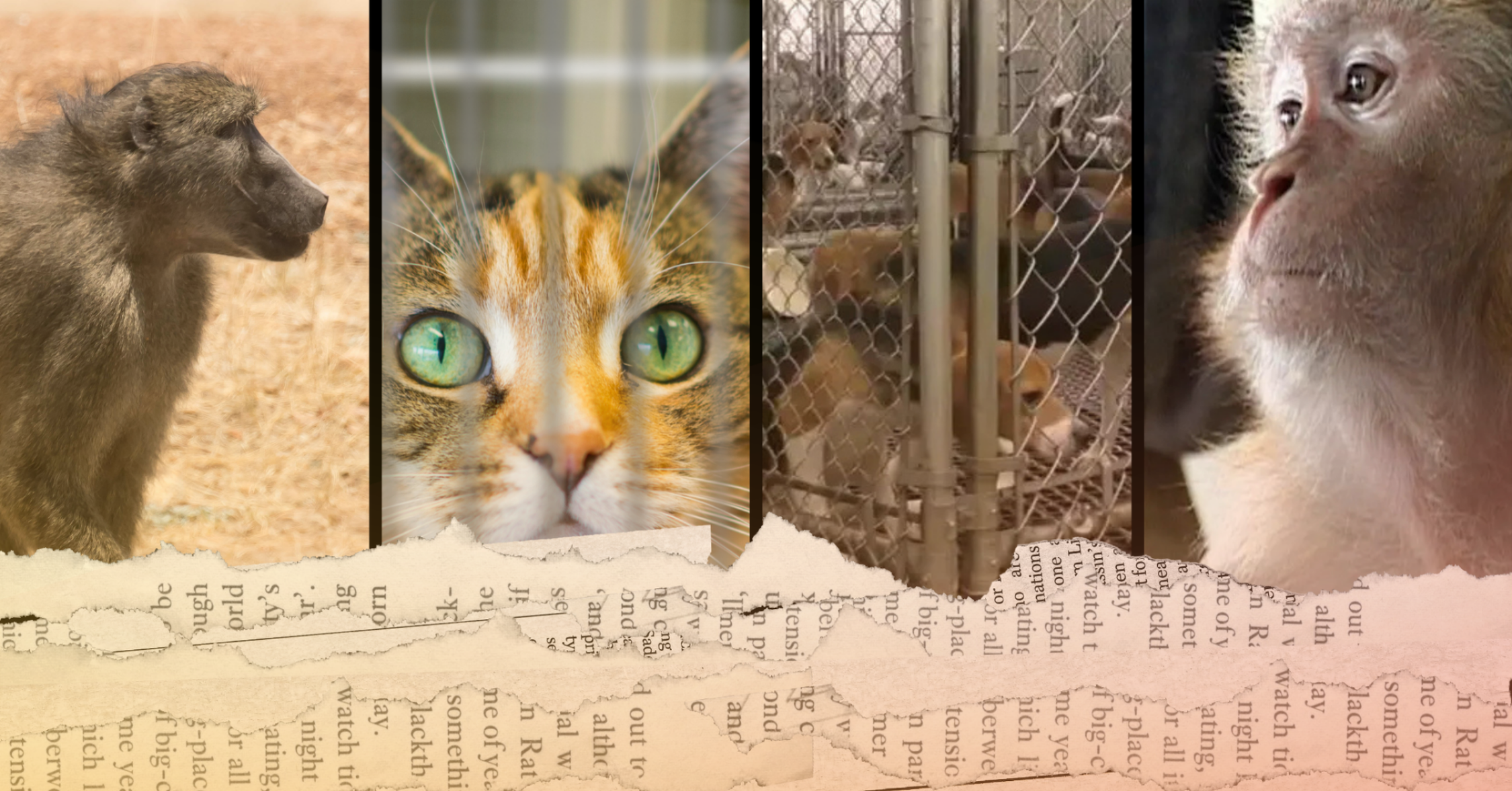
Here’s a roundup of the week’s biggest news stories related to animal research — all the recent media coverage you need to know right now to be the most effective activist for animals in labs.
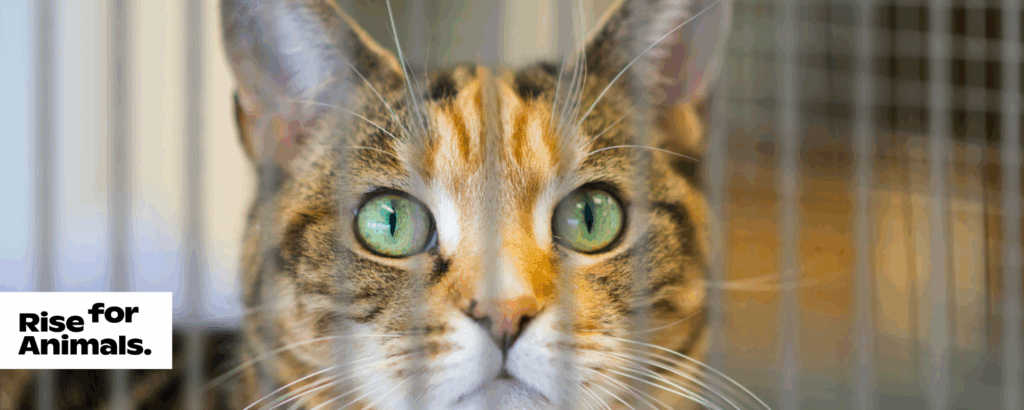 Here’s How a Government Shutdown Affects Animals in Labs
Here’s How a Government Shutdown Affects Animals in Labs
Rise for Animals, 10/21/2025
In federally-operated and -supported laboratories across the U.S., millions of animals depend on government-subsidized employees, oversight, enforcement, and funding just to receive the most minimal, baseline care the law allows. But when the federal government shuts down, these animals’ basic survival needs are a mere line item in a budget crisis. 📰 Full Story →
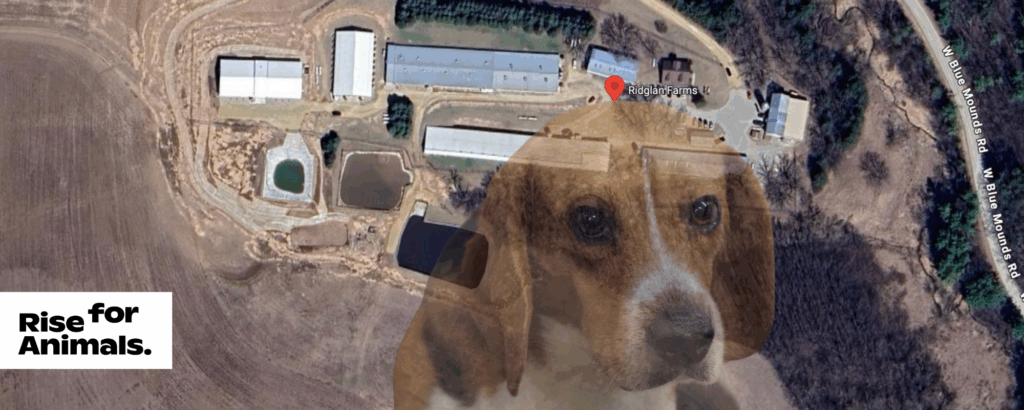 Same USDA Inspector Assigned to Every Ridglan Inspection
Same USDA Inspector Assigned to Every Ridglan Inspection
Rise for Animals, 10/22/2025
Ridglan Farms’ USDA record tells a damning story: the same inspector has led the facility’s inspections for over a decade, further exposing the sham of federal “oversight” in animal research. 📰 Full Story →
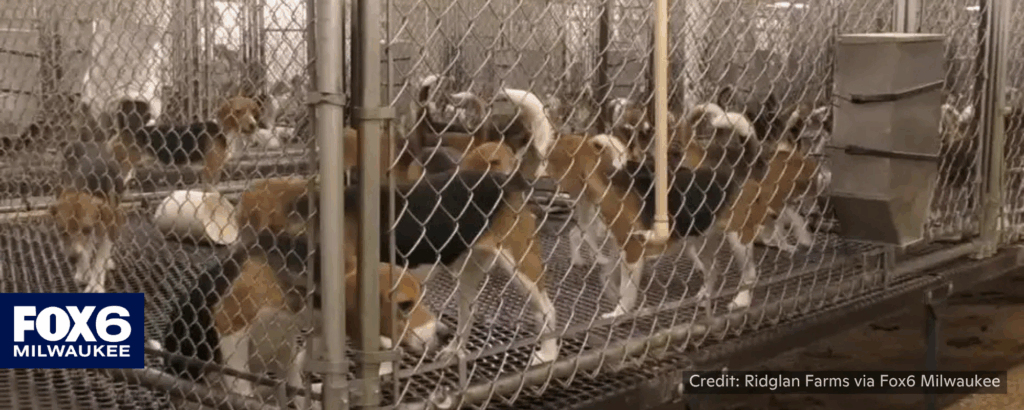 Wisconsin rescinds exception for dog breeding farm’s puppy sales
Wisconsin rescinds exception for dog breeding farm’s puppy sales
Bryan Polcyn, FOX6 Milwaukee, 10/21/2025
“A FOX6 investigation led Wisconsin regulators to change their mind on the sale of 5-week-old puppies for research . . . State law prohibits breeders from selling puppies younger than 7 weeks old, but for the past 13 years, state regulators gave Ridglan Farms — a controversial Dane County breeding farm — a special exception. On Monday, FOX6 Investigators reported that Ridglan Farms sold dozens of 5-week-old beagles to a laboratory in Iowa earlier this year.”
“Ridglan Farms on Tuesday provided FOX6 with a letter, signed by a state animal welfare official 13 years ago, that allows them to sell dogs as young as 5 weeks and transport them without their mothers — as long as they’re being sold for biomedical research. That ended on Tuesday.”
“[DATCP] said Tuesday that they have since rescinded the variance. Going forward, Ridglan Farms will no longer be allowed to sell beagles under seven weeks of age.” 📰 Full Story →
 PETA meets MAGA as RFK Jr. takes on animal testing
PETA meets MAGA as RFK Jr. takes on animal testing
Swapna Venugopal Ramaswamy, USA Today, 10/18/2025
“Health Secretary Robert F. Kennedy Jr. has added another issue to his Make America Healthy agenda: limiting reliance on animal research . . . Kennedy’s first Make America Healthy Again report, released in May, included a promise the federal government would focus on ‘new technologies’ to help reduce animal testing.”
“In late September, NIH, now overseen by Kennedy, launched the government’s first dedicated organoid development center . . . The NIH is also now allowing scientists to use grant money to defray the costs of retiring or rehoming animals used in research, instead of killing them.” 📰 Full Story →
 USDA reports cite ‘critical’ issues in University of Minnesota animal labs
USDA reports cite ‘critical’ issues in University of Minnesota animal labs
Erin Adler, The Minnesota Star Tribune, 10/18/2025
“The University of Minnesota’s animal laboratories in Minneapolis had eight issues labeled ‘critical’ in 2024 during U.S. Department of Agriculture (USDA) inspections . . . The U was the only college or university in the state that the USDA listed as having lab animal concerns in 2024….”
“The most serious items included two instances in 2023 when three monkeys weren’t given water for four consecutive days because the water valve in their cage was turned off, though an employee signed off on checking water availability twice a day; the monkeys recovered.” 📰 Full Story →
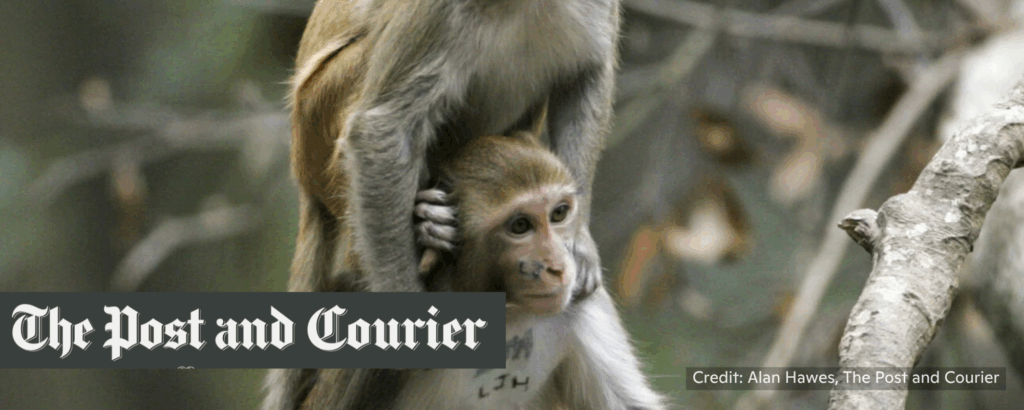 SC Monkey Island eyed as potential retirement community for research primates
SC Monkey Island eyed as potential retirement community for research primates
Marilyn W. Thompson, The Post and Courier, 10/19/2025
“Thousands of research monkeys held in laboratories will also need a place to go as agencies cut back on experiments . . . Until recently, researchers were barred from spending federal grant money on shipping or medical costs associated with animal retirement.” But, “[a] few weeks ago, before the federal government shutdown, NIH quietly announced it had changed its funding rules to allow grant recipients to use taxpayer money for animal retirement. This had been forbidden previously and made it more cost-efficient for laboratories to euthanize animals at the end of their service.”
“‘Morgan Island, run by Alpha Genesis, is as close to a ready-made sanctuary as we can find anywhere in the U.S. The monkeys have been on that island for at least three generations. They know each other and have already formed stable relationships and family groups,’ said PETA senior vice president Kathy Guillermo. ‘Jane Goodall showed that science is nothing without empathy,’ she said. ‘We must honor her vision by ending experiments on primates and transitioning breeding facilities into sanctuaries.’” 📰 Full Story →
 Baboons: Long-Term Research Reveals Who They Really Are
Baboons: Long-Term Research Reveals Who They Really Are
Mark Bekoff, Psychology Today, 10/19/2025
“Baboons are remarkable animals. While they often are written off as unintelligent violently aggressive creatures and bear the brunt of uninformed slurs, nothing could be further from the truth about these remarkable primates who display unexpected complex strategies of negotiation, collaboration, and resilience in difficult times.”
“‘Baboons may be the most sophisticated nonhuman society yet described but it takes a really long time to understand a smart animal who doesn’t talk.’” 📰 Full Story →
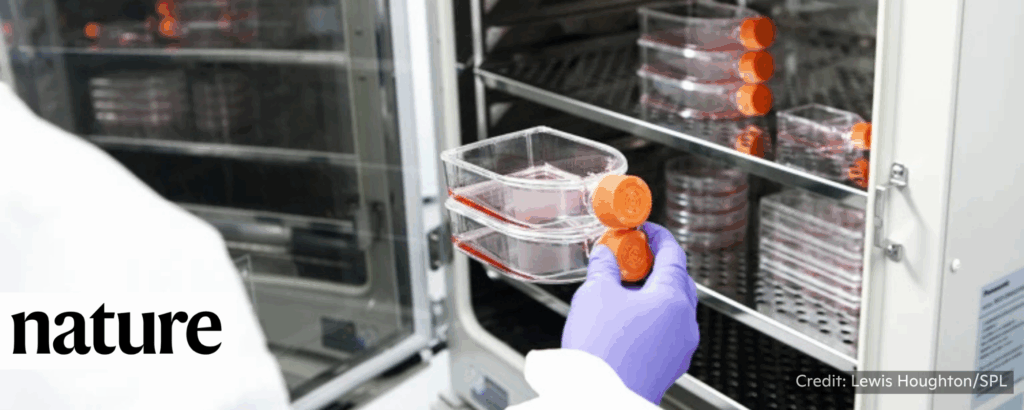 Alternatives to animal testing are the future — it’s time that journals, funders and scientists embrace them
Alternatives to animal testing are the future — it’s time that journals, funders and scientists embrace them
Todd J. Herron, Anke Bruening-Richardson, Julie E. Gough, Aline F. Miller, Geoffrey J. Pilkington, John Greenman, Valerie Speirs, Joseph C. Wu, Nature, 10/20/2025
“When it comes to evaluating drugs or understanding basic biology, researchers are increasingly favouring various innovative experimental approaches over animal models or immortalized human cell lines. Such approaches, known as NAMS . . . remove the ethical problems associated with experimenting on animals” and “promise to identify safe and effective treatments more reliably and at a fraction of the cost.”
“Some governments and regulators worldwide are now pushing for the increased use of NAMS in research, partly because of pressure from animal -rights groups . . . Yet, despite all of these developments, early adopts of NAMS — ourselves included — are still encountering resistance. Although there has been some progress . . . many such researchers struggle to publish their work, particularly in high-impact journals. Some continue to be asked by reviewers to validate their studies in animals or, when applying for grants, find that funders view pilot data more favorably if those data include animal studies. Early-career researchers, in particular, report feeling pressured into including experiments on animals, even when there seems little scientific justification for doing so.”
“To take advantage of the opportunities that NAMs now present — and of the growing number of initiatives aimed at boosting the development and use of these approaches — changes are needed in how scientific journals, regulators and funders operate. This would help to ensure that those who are implementing these transformative technologies are applauded, not penalized.” 📰 Full Story →
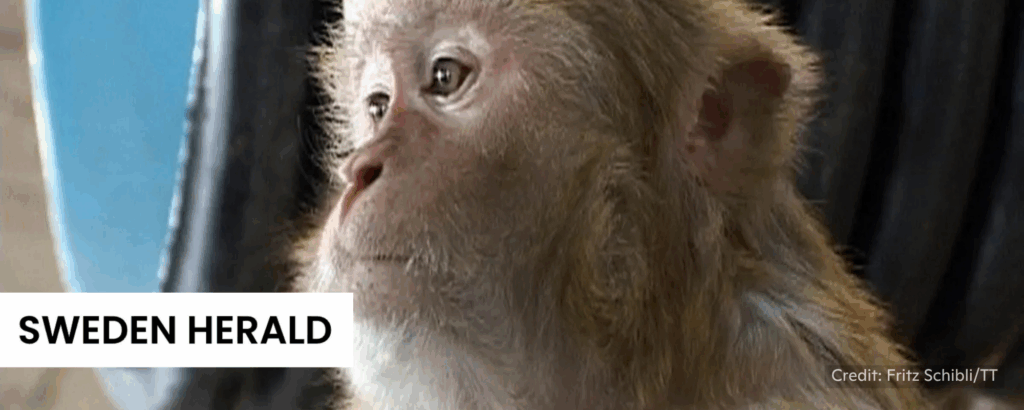 Swedish Monkey Experiments Surge 88 Percent Amid Pandemic
Swedish Monkey Experiments Surge 88 Percent Amid Pandemic
Sweden Herald, 10/20/2025
“The number of Swedish animal experiments with monkeys has increased 88 percent in the last five years, compared to the five-year period before . . . The reason for this increase is the pandemic.”
“Karin Loré [vaccine researcher at Karolinska institutet to Vetenskapsradion] does not think that animal experiments with monkeys will continue to increase, but rather return to previous levels. She also hopes that AI will be a future tool for vaccine development, for example by helping to find out what side effects a vaccine has.” 📰 Full Story →
 Little Change as Millions of Animals Still Suffering in British Laboratories
Little Change as Millions of Animals Still Suffering in British Laboratories
Ashley Lednor, Animal Free Research UK, 10/23/2025
“As the Home Office publishes the latest statistics detailing the number of animals used annually in scientific experiments, charity Animal Free Research UK warns that the Government is failing to take meaningful action to end the suffering of animals in British laboratories.”
“The new figures released today show that 2.64 million scientific procedures involving animals took place in 2024. Despite the Government’s commitment to work to phase out animal experiments, the figures represent a disappointing 1.2% decrease in total procedures compared to 2023.” 📰 Full Story →
Share this news compilation on X or Bluesky.
Or copy, paste, and share this link on Facebook or anywhere else:
riseforanimals.org/news/news-oct-24-2025